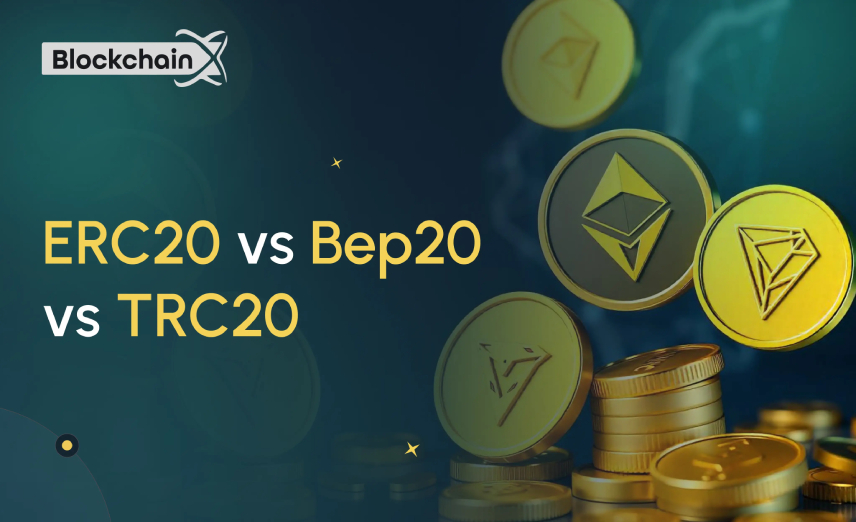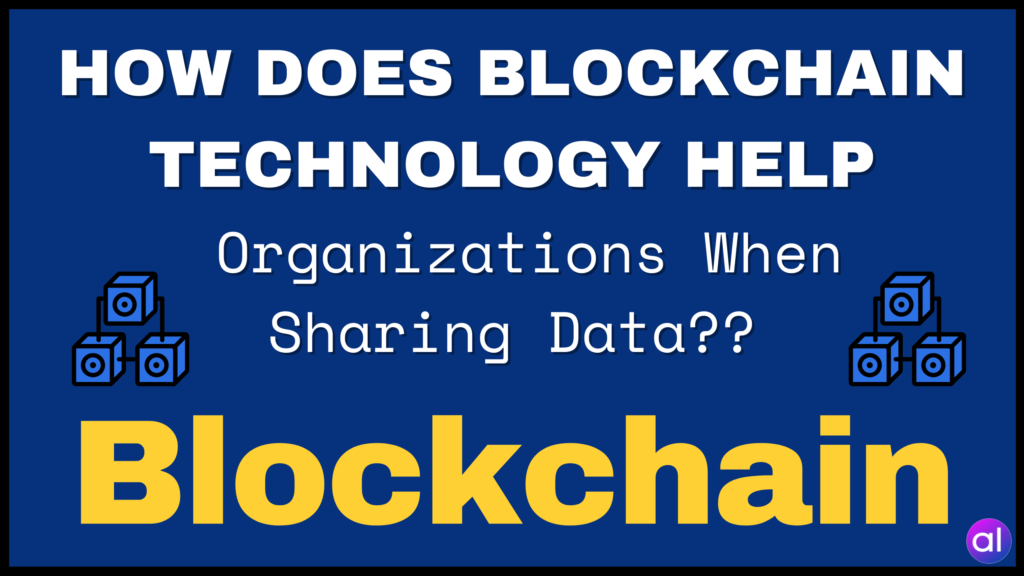
When it comes to the world of crypto tokens, businesses are presented with a wide array of options and functions. However, choosing the right token standard or network can be a daunting task. Neglecting to pay close attention to this decision can lead to failure. One of the common debates revolves around ERC20 vs BEP20 vs TRC20 – which is better? What should you choose? This guide on ERC20 vs BEP20 vs TRC20 aims to help you understand how your choices should align as you embark on your token development journey with your developer.
Let’s start with the basics!
Token standards for a crypto token refer to a set of rules that define various properties of the digital token, including its creation, use on the blockchain, management properties, and more. These rules, protocols, and specifications provide a clear designation for the token in terms of its behavior and usage within the blockchain environment.
Token standards play a crucial role in shaping a token, as they determine its working mechanism, provide the token framework, ensure uniformity, token compatibility within the ecosystem, cross-platform integration, wallet integration, and more. The primary role of token standards is to establish consistency, interoperability, multifaceted usage, and other important aspects.
Understanding token standards makes navigating the complex world of decentralized finances and digital asset management much easier. Various blockchains have introduced new tokens and token standards tailored to their specific needs and purposes, each catering to unique use cases.
Token standards are essentially a subset of smart contracts that define clear parameters and enable tokens to perform basic functions. They serve as a guide for creating, issuing, and deploying new tokens on the network.
Compatibility
Ensuring that the token standard allows different tokens and Dapps to work together is crucial.
Ability to Launch a New Token
Through token standards, individuals are able to create new tokens that meet their specific goals and requirements.
Track Records
Consistent record-keeping provides transparent information while restricting access to alterations.
What is ERC20?
Ethereum-based token, ERC20 is a technical standard used to create tokens that adhere to a set of predefined rules for seamless functionality. Token compliance with these rules ensures interoperability and compatibility within Ethereum-based applications and ecosystems.
How to Create an ERC20 Token?
1. Choose your ERC20 token development environment and understand the token’s requirements and goals.
2. Write the token’s code using a solidity framework, defining properties such as name, symbol, supply, and functions like transfer and approval.
3. Compile the solidity code into bytecode and deploy the smart contract on the Ethereum Test Net for testing.
4. Once all tests are passed and regulations are met, launch the token on the mainnet and mint the token using the mint functions.
Coding Functions of ERC20
totalSupply(): Returns the total supply of tokens.
balanceOf(address): Retrieves the balance of a specific address.
transfer(address, uint256): Transfers tokens from one address to another.
transferFrom(address, address, uint256): Allows third-party token transfer for another address.
approve(address, uint256): Approves specific tokens for a designated spender.
allowance(address, address): Returns the approved token for a spender.
What is TRC20?
TRC20 token is a technical standard similar to ERC20 and is predominantly used on the Tron blockchain. While there are similarities with other tokens, TRC20 is specifically designed for the Tron blockchain.
How to Create a TRC20 Token?
1. Set up your development environment with the Tron framework and choose solidity for smart contract creation.
2. Use TronBox to create a new project directory and write your smart contract code with necessary token details.
3. Integrate required functions and compile the smart contract code in solidity with bytecode.
4. Deploy the contract on the testnet for testing and then launch the token on the mainnet.
5. Use the minting function to create new tokens.
Coding Functions of TRC20
name(): Returns the name of the token.
symbol(): Retrieves the symbol of the token.
decimals(): Indicates the number of decimal places.
totalSupply(): Displays the total supply of tokens.
balanceOf(address): Retrieves the balance of a specific address.
transfer(address, uint256): Transfers tokens between two addresses.
transferFrom(address, address, uint256): Allows third party to transfer tokens.
approve(address, uint256): Approve a specific amount of tokens for a designated spender.
allowance(address, address): Returns the approved amount of tokens for a spender.
…
The choice of creating a token for your project or to support any operations in the business, will have to meet certain requirements and at the same time meet your needs, target audience, goals, etc., we have brought to you the major aspect of consideration to make well-informed decisions.
Based on your target audience and the investor you will be targeting as buyers of your token, your choice of network and token should be compatible. On a general note, Ethereum can go with any specific need and for a larger community, while BSC and Tron are more specific to gamers, DeFi, etc.
Based on the specific use case that your token is going to facilitate the choice of network should be chosen. To meet DeFi tools and protocols with a larger ecosystem, of course, Ethereum is the best. While for your specific need, Tron and BSC will also match that up.
Cost is a major factor, BSC costs lower transaction fees. The development fee of the token would vary based on the developer and not mostly on the Network choice. Meanwhile ensure your solution is secured, scalable, and upgraded. Compromising on these factors is nowhere leading toward growth.
The time involved in development, and minting also is a considerable factor.
Hope this detailed guide gave you clarity on how you can choose between ERC20 vs BEP20 vs TRC20 clarified your major questions about token development. We at BlockchainX provide you with extensive token consultations and development services to help you build your custom token for your custom needs. Get into your Token development journey started with us!



